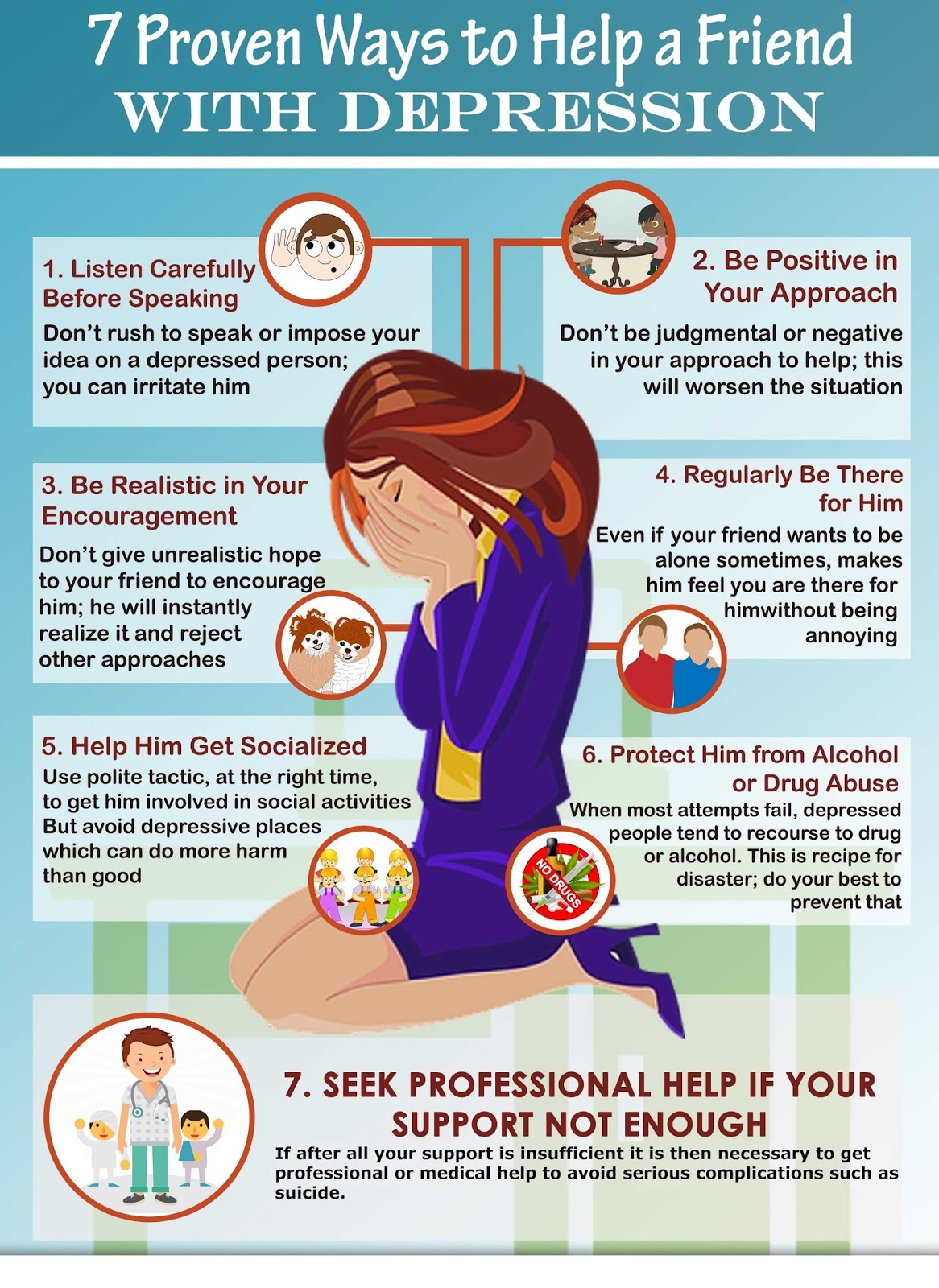Mental disorders encompass a vast spectrum of conditions that affect an individual’s cognitive, emotional, and social well-being. Understanding how to effectively support someone grappling with such challenges necessitates a multifaceted approach, incorporating empathy, education, and actionable strategies. This article aims to delineate how to provide meaningful assistance, offering insights into various types of mental disorders while addressing the emotional nuances involved in these interactions.
When interacting with someone who is experiencing a mental health crisis or ongoing mental health issues, it is crucial to recognize the diverse manifestations of these conditions. Mental health disorders can range from anxiety disorders and depression to more complex conditions like schizophrenia or bipolar disorder. This diversity implicates distinct challenges and requires tailored approaches to support.
Individuals facing mental health issues often exhibit symptoms that can be perplexing or distressing for those around them. Awareness of these symptoms paves the way for appropriate responses and interventions, thus fostering an environment of understanding and care.
Approaching the conversation around mental health can be daunting. However, it is paramount to create a safe space for dialogue that encourages openness and honesty. Utilizing active listening techniques and validating feelings without judgment can significantly enhance the quality of these discussions.
Offering to help should be grounded in an empathetic understanding of the other person’s experience. Consequently, it is vital to maintain a demeanor that communicates compassion and readiness to assist, rather than imposing unsolicited solutions.
A mutually respectful and non-intrusive approach will reinforce trust in the relationship, inviting the other person to share their feelings and thoughts at their own pace.
Fostering awareness of various coping mechanisms is imperative in assisting someone with a mental disorder. Strategies may include mindfulness practices, physical activity, pursuing hobbies, or engaging in creative outlets. Encouraging these activities can facilitate emotional regulation and resilience.
When providing support, it is critical to remain informed about mental disorders. Self-education equips friends and family members with the necessary terminology and knowledge to engage effectively. Understanding clinical definitions and symptoms helps in demystifying mental health issues and mitigating potential stigmas attached to them.
The role of a support system is indispensable for individuals dealing with mental health difficulties. Research has consistently shown that social support positively correlates with mental well-being. Thus, cultivating a network of understanding friends, family, or community members can provide valuable reinforcement throughout the healing process.
Moreover, the procedures for professional intervention can be a vital part of the support framework. It is essential to encourage those struggling with mental health issues to seek professional help when necessary. This entails recognizing when symptoms escalate beyond what a support network can handle and emphasizing the importance of trained mental health professionals.
Engagement with health care providers should be approached delicately, aimed at reducing any potential resistance from the individual. Initiating conversations about mental health care can sometimes be met with apprehension; thus, providing information about therapy, counseling, and medications can demystify the process.
Establishing and respecting boundaries is an integral facet of support for someone with a mental disorder. While the inclination to help may be strong, understanding when the person may not wish to engage is just as vital. One should encourage dialogue and set checkpoints to ensure the individual feels comfortable and safe without experiencing pressure.
It is also vital not to minimize the person’s experience. Phrases such as “just think positive” or “you’ll get over it” can be detrimental and lead to feelings of isolation. Acknowledgment of their struggles and recognition of the emotional challenges they face is a far more constructive approach.
Small, everyday gestures can offer invaluable support. Simple acts such as sending a message to ask how they are doing, offering to accompany them to appointments, or planning activities together can be impactful. These displays of care reaffirm that they are not alone in their journey.
Encouraging self-advocacy among those with mental health disorders is crucial. Advocate for their rights within personal, academic, or professional spaces by reinforcing their confidence to articulate their needs and struggles. This can act as a catalyst for empowerment, spurring them to take charge of their mental health journey.
Awareness of the terminology surrounding mental health is also vital. Approaching the subject with care necessitates an understanding of common language associated with mental illness. Avoiding stigmatizing words and expressions can cultivate a supportive dialogue, making it easier for the individual to share experiences without fear of judgment.
Additionally, it is beneficial to familiarize oneself with available local resources. Identifying community programs, support groups, or peer networks can provide essential connections. Offering to research and share these resources can alleviate the burden on the individual, making steps toward recovery seem less daunting.
Encouraging routine and structure in daily life can also provide a sense of stability for those with mental disorders. Regular sleeping patterns, nutritious meals, and physical activity contribute significantly to mental well-being. Offering to engage in these activities together can foster a sense of companionship and shared responsibility.
In situations where crises arise, knowing how to respond effectively becomes pivotal. Familiarization with local emergency services and mental health crisis teams can aid in quick decision-making during critical moments. Recognizing warning signs of crises and acting swiftly can potentially save lives.
Lastly, personal resilience plays a significant role in supporting someone with a mental disorder. Acknowledging one’s limitations and practicing self-care techniques is vital. Burnout can ensue without a balanced approach, where caregivers neglect their own mental health in the pursuit of supporting others. Establishing a healthy equilibrium not only benefits the individual but also enriches the support given.
Ultimately, helping someone with a mental disorder requires a blend of compassion, informed guidance, and unwavering patience. Emphasizing understanding and providing encouragement fosters an environment conducive to healing and growth. A supportive ecosystem not only positively impacts individuals with mental health challenges but also enriches the overall fabric of society, promoting inclusivity and acceptance.
